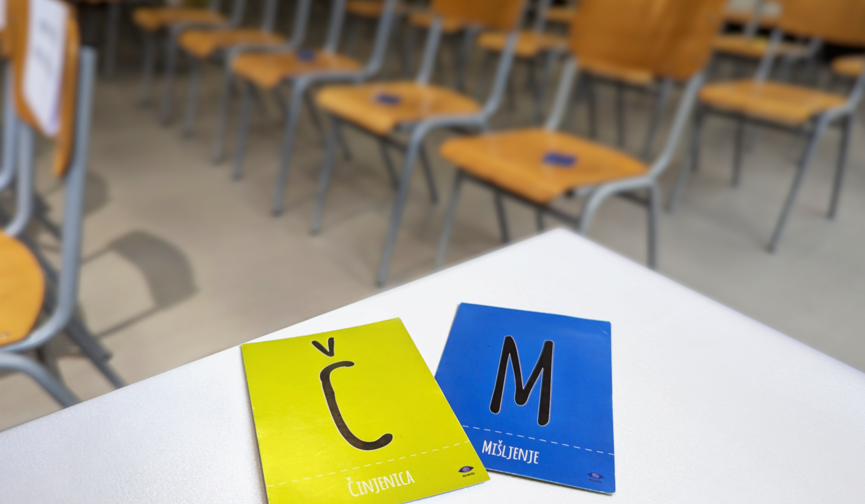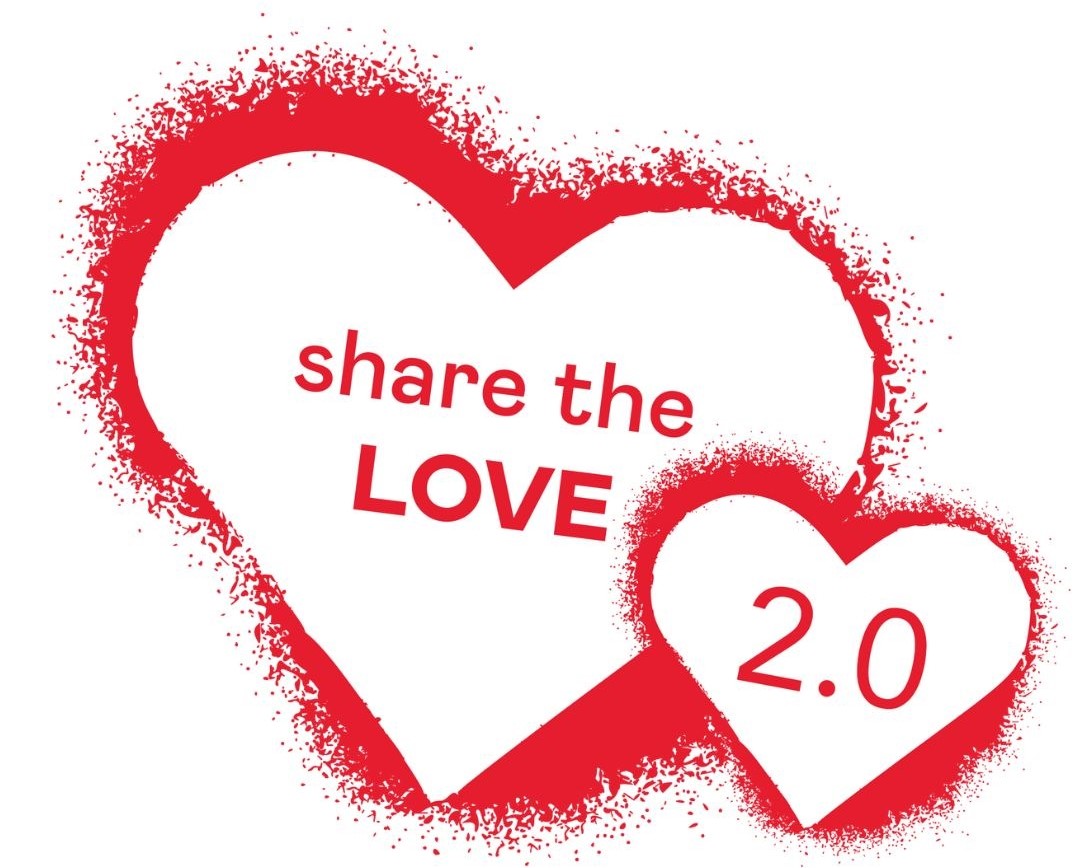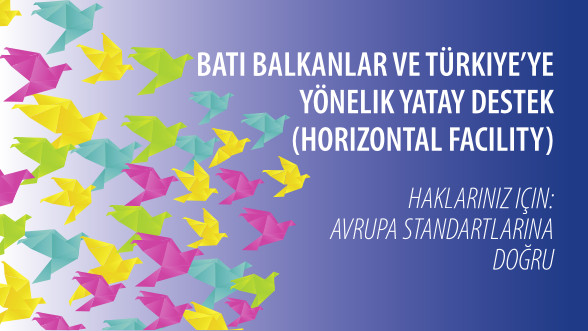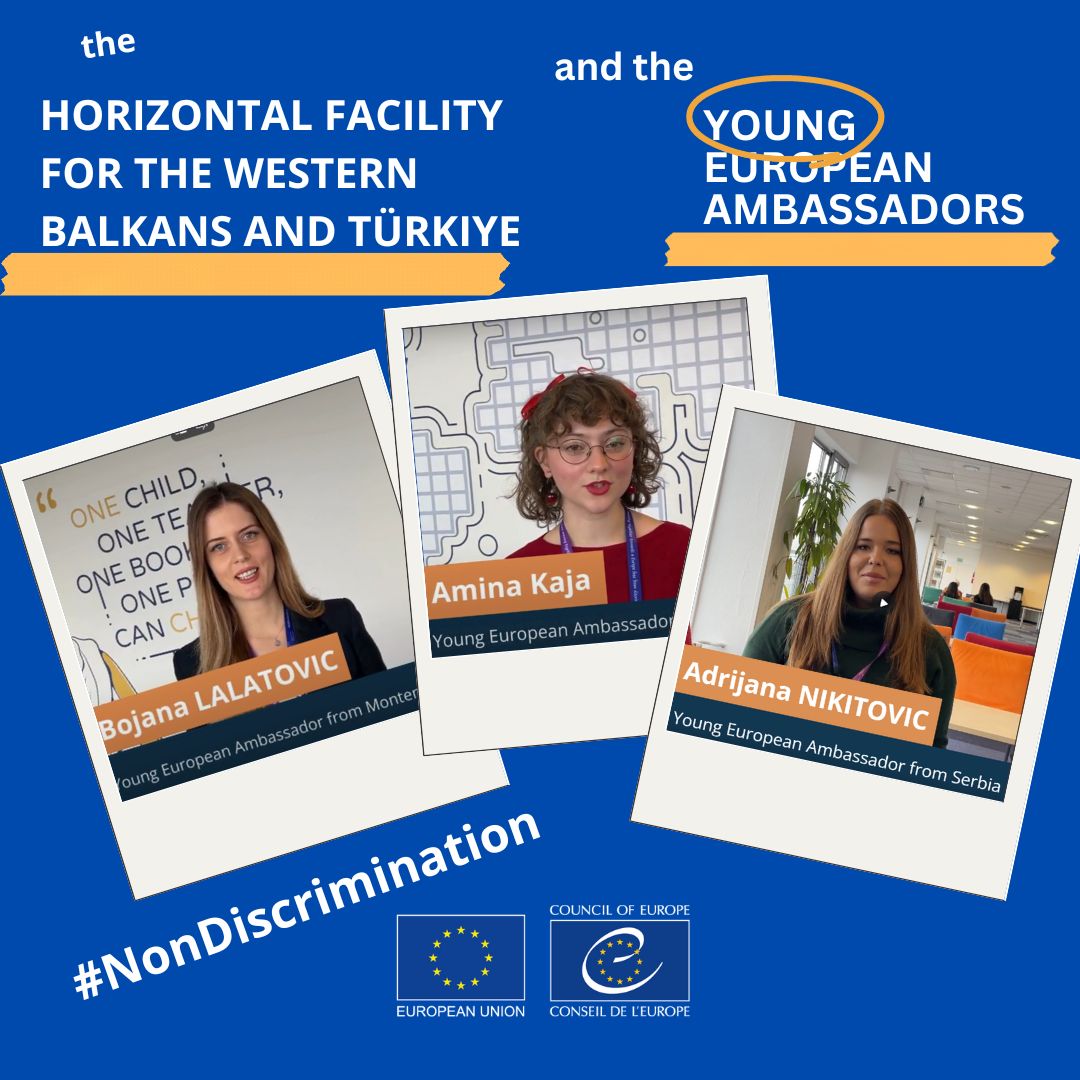In the heart of Bosnia and Herzegovina, a transformative approach to education is reshaping schools into hubs of democratic culture, critical thinking, and community engagement. At the forefront of this change are three schools - each a newly established resource centre for democratic school culture - where dedicated educators and students are pioneering a shift toward inclusive and participatory learning.
This transformation is not limited to individual schools - it is shaping wider reforms as the work of these three schools extends beyond their immediate environments. As resource centres, they serve as beacons of best practices, mentoring other educators and advocating for systemic change.
For Amna Avdić, a coordinator at the Mixed Secondary School in Čelić, the journey began in 2021 with a summer school on democratic competences, followed by critical thinking workshops for both students and teachers. "The participation of students in these workshops was crucial. It gave them the knowledge and motivation to launch the Critical Thinking Club at our school," she explains.
What started as a small initiative within the school quickly gained momentum. "The first workshops were crucial as they empowered the pioneers of our club, who enthusiastically passed on their knowledge to other members. Today, new generations have taken over, but the ideas that sparked the club’s activities continue to evolve and grow."
This student-led initiative has fundamentally changed the dynamic within the school. "The greatest value of the club is that students lead while teachers and the school support them. This shift in roles ensures continuity and keeps ideas alive across generations," Avdić says proudly.
But the impact extends beyond the school walls - Čelić’s educators have also shared their knowledge at the municipal level, training colleagues from other schools. "We are committed to equipping teachers with the tools and knowledge needed to improve the quality of education. Our involvement as trainers in the 'Quality Education for All' project allows us to contribute to schools across Bosnia and Herzegovina."
In Brčko District, Merisa Mehić shares a similar sense of accomplishment. "The principles of the Reference Framework of Competences for Democratic Culture helped us recognise the elements already present in our classrooms, hallways, and staff rooms," she reflects. "They also helped us identify the least developed competences and focus our activities on strengthening them."
For Mehić, the establishment of her school as a resource centre for democratic culture is a testament to years of dedication. "I see this as a reward for the hard work of our teachers and students, especially in fostering collaboration with the local community," she says. "Our school stands out for its openness to cooperation and the promotion of positive practices and values. We've organised numerous workshops, discussions, and exchanges with students from other schools, worked closely with the city library and gallery, and engaged in social outreach, including visits to elderly homes and shelters for children without parental care..."
Mehić emphasises the importance of hands-on learning. "A good teacher-trainer can use personal examples to guide and inspire fellow educators. Spreading positive practices is far more effective than theory alone."
In Kiseljak, Martina Đukić describes the journey of implementing the framework for democratic school culture as a deeply transformative experience. At first, they were intimidated by the idea, it seemed unattainable and complex. But over time, they realised that these competences are an essential part of education and have always been present. "These competences form the foundation of education and have always been there," says Đukić, adding that the mentoring visits they received provided the encouragement needed to launch numerous student-led projects.
The impact on the school community has been profound. "Our students now understand that their actions influence the community in which they live and learn. They have the confidence to take initiative - whether within their classrooms, through school projects, or in the wider community." According to her, they have become active members of society, critically observing the world around them and striving to offer new and different solutions - engaging rather than merely observing, understanding responsibility rather than just rights.
"If you asked me today to describe the people I work with, my school, our students, and the biggest change we have experienced, I would tell you that we are now a community that knows the values and competences we promote and live by. We are fully aware of the dedication, love, and enthusiasm with which we pass these on to our students and the broader community. I would tell you that we deeply understand the importance of a project like this for every school and its staff, as it encourages and recognises the good work they do. I would tell you that our school is a safe space where wonderful people learn, grow, and thrive - people who truly believe that all schools can be like this one."
Avdić, Mehić, and Đukić are now undergoing training to become trainers for the Reference Framework of Competences for Democratic Culture, preparing to pass on their expertise to educators nationwide.
The hope is that the relevant institutions will integrate this training into official teacher development programmes, ensuring long-term sustainability. "We already have indications that Tuzla Canton and Brčko District are willing to support and pilot this initiative," Avdić notes. "The ultimate goal is for educational authorities across Bosnia and Herzegovina to recognise and institutionalise these practices."
Through their unwavering commitment, these educators are not only transforming their own schools but also paving the way for a more democratic and inclusive education system. The lessons their students carry forward will shape the communities of tomorrow, proving that true change begins in the classroom.
This initiative is supported through the action “Quality education for all”, which is part of the joint European Union and Council of Europe programme “Horizontal Facility for the Western Balkans and Türkiye”.




